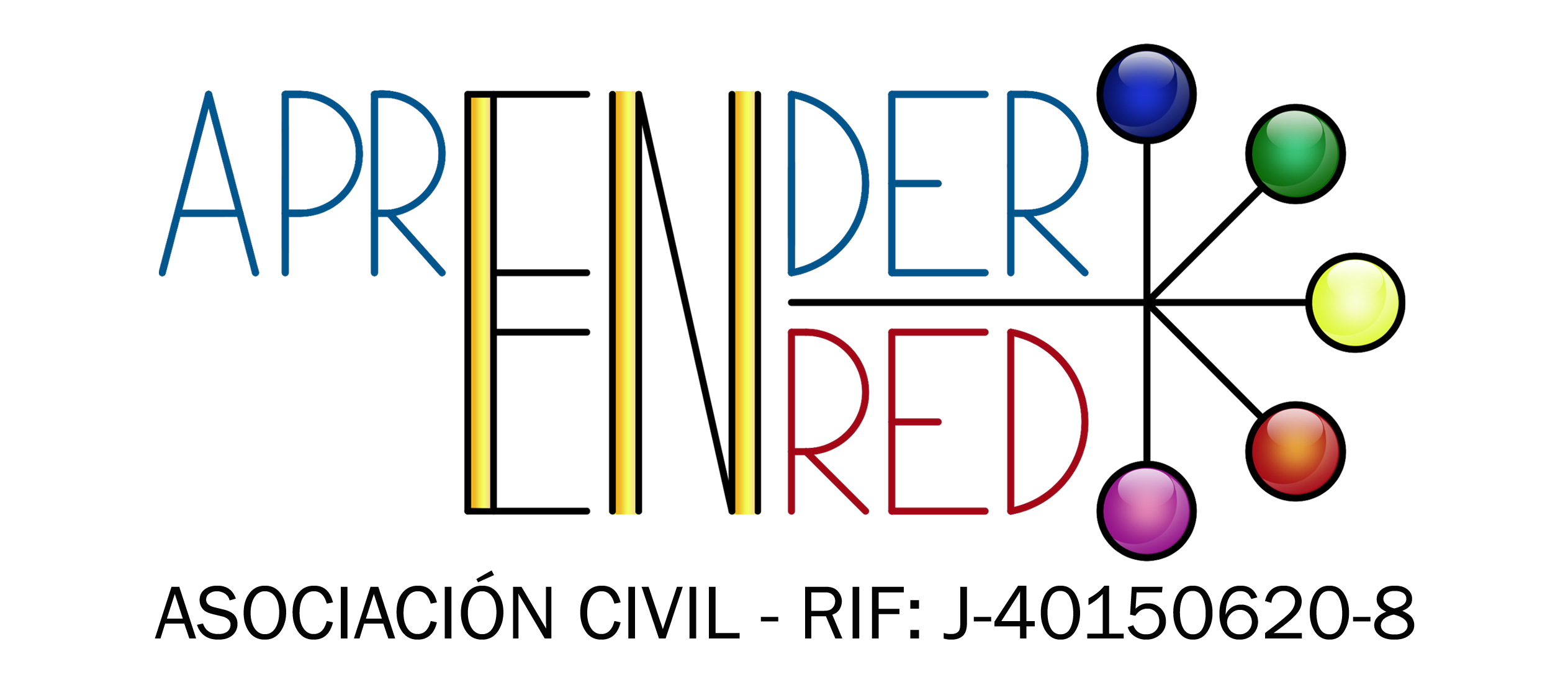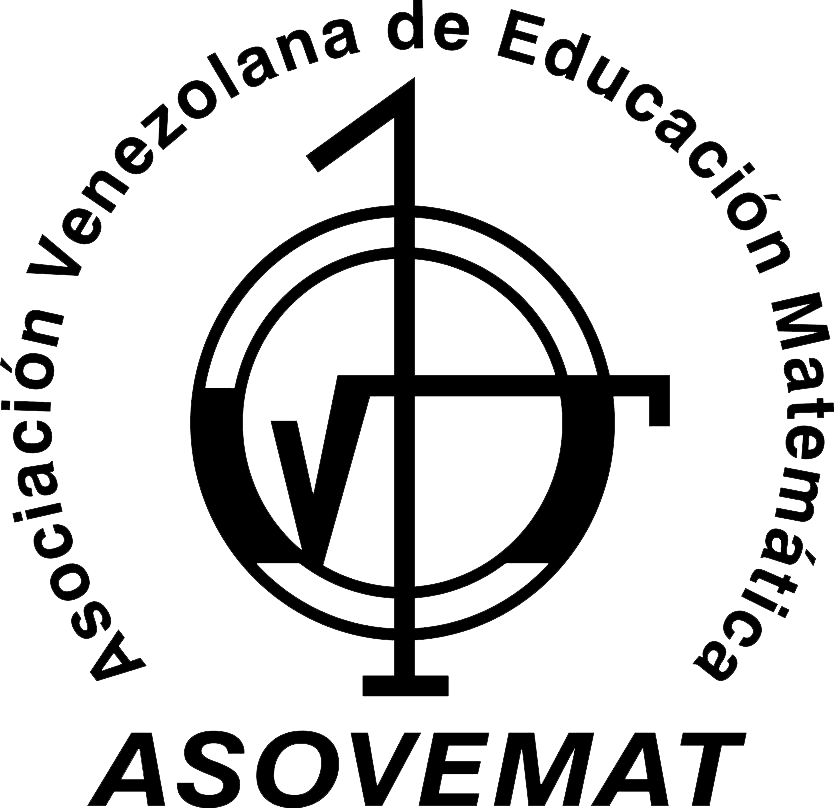Ethnomodelling as a process of glocalization and decolonization
DOI:
https://doi.org/10.54541/reviem.v4i2.109Keywords:
Decolonization, Mathematical knowledge, Mathematical doing, Ethnomathematics, Decolonial actionAbstract
Applying modeling methods makes sense for researchers and educators when educators can examine the knowledge, practices, and mathematical patterns developed by members of different cultural groups. Currently, a dilemma in Mathematics Education is its tendency to value and respect local mathematical knowledge in its research paradigm. This is one of the assumptions of the decolonization process in Mathematics Education. Thus, searching for innovative methodologies such as Ethnomodelling is necessary to record the historical forms of mathematical techniques, procedures, and practices developed in various cultural contexts. It is highlighted that, in its decolonizing budget, Ethnomodelling does not seek to replace school or academic mathematics; however, it is necessary to recognize the existence of local mathematical knowledge and practices in the school curriculum. In this way, the decolonization process triggered by Ethnomodelling evokes a disturbance that causes a revision of rules, norms, and regulations in the process of teaching and learning mathematics. This process triggers a debate on the nature of mathematics in relation to culture by proposing a decolonizing dialogue between local and global approaches in a dialogic way (glocal approach).
Downloads
Metrics
References
Bassanezi, R. C. (2002). Ensino-aprendizagem com modelagem matemática: Uma nova estratégia. Editora Contexto.
Bennett, J., & Bennett, M. (2004). Developing intercultural sensitivity: An integrative approach to global and domestic diversity. En D. Landis, J. Bennett, & M. Bennett (Eds.), Handbook of Intercultural Training (pp. 147-165). Sage.
Bernardino-Costa, J., & Grosfoguel, R. (2016). Decolonialidade e perspectiva negra. Sociedade e Estado, 31(1), 15-24. https://doi.org/10.1590/S0102-69922016000100002
Berry, J. W. (1969). On cross-cultural comparability. International Journal of Psychology, 4(2), 119-128. https://doi.org/10.1080/00207596908247261
Biembengut, M. S. (2000). Modelagem matemática e etnomatemática: Pontos (in)comuns. En Anais do Primeiro Congresso Brasileiro de Etnomatemática – CBEm1 (pp. 132-136). FE/USP.
Bishop, A. J. (1990). Western mathematics: The secret weapon of cultural imperialism. Race & Class, 32(2), 51-65. https://doi.org/10.1177/030639689003200204
Bourdieu, P., & Wacquant, L. J. D. (1992). An invitation to reflexive sociology. University of Chicago Press.
Canclini, N. G. (2011). Culturas híbridas: Estratégias para entrar e sair da modernidade. UNESP.
Cortes, D. P. O. (2017). Re-significando os conceitos de função: Um estudo misto para entender as contribuições da abordagem dialógica da etnomodelagem [dissertação de mestrado, Universidade Federal de Ouro Preto]. Repositório Institucional da UFOP.
D’Ambrosio, U. (1990). Etnomatemática: Arte ou técnica de explicar e conhecer. Ática.
D’Ambrosio, U. (2015). Mathematical modelling as a strategy for building-up systems of knowledge in different cultural environments. En G. A. Stillman, W. Blum, & M. S. Biembengut (Eds.), Mathematical modelling in education research and practice: Cultural, social, and cognitive influences (pp. 35-44). Springer. https://doi.org/10.1007/978-3-319-18272-8_2
D’Ambrosio, U., & D’Ambrosio, B. S. (2013). The role of ethnomathematics in curricular leadership in mathematics education. Journal of Mathematics Education at Teachers College, 4(1), 19-25.
Deardorff, D. K. (2006). Identification and assessment of intercultural competence as a student outcome of internationalization at institutions of higher education in the United States. Journal of Studies in International Education, 10(3), 241-266. https://doi.org/10.1177/1028315306287002
Dehler, G. E., & Welsh, R. W. (1998). Problematizing deviance in contemporary organizations: A critical perspective. JAI Press.
Eglash, R., Bennett, A., O’Donnell, C., Jennings, S., & Cintorino, M. (2006). Culturally situated designed tools: Ethnocomputing from field site to classroom. American Anthropologist, 108(2), 347-362. https://doi.org/10.1525/aa.2006.108.2.347
Ernest, P. (1991) The philosophy of mathematics education. Routledge.
Giulianotti, R., & Robertson, R. (2007). Recovering the social: Globalization, football and transnationalism. Global Networks, 7(2), 144-186. https://doi.org/10.1111/j.1471-0374.2007.00163.x
Glissant, É. (2005). Introdução a uma poética da divers idade. Editora da UFJF.
Gudykunst, W. B. (1997). Cultural variability in communication: An introduction. Communication Research, 24(4), 327-348. https://doi.org/10.1177/009365097024004001
Headland, T. N., Pike, K. L., & Harris, M. (1990). Emics and etics: The insider/outsider debate. Sage.
Hutchinson, S. A. (1990). Responsible subversion: A study of rule-bending among nurses. Scholarly Inquiry for Nursing Practice, 4(1), 3-17.
Iseke-Barnes, J. M. (2000). Politics and power of languages: Indigenous resistance to colonizing experiences of language dominance. Journal of Thought, 39(1), 45-81.
Iser, W. (1994). On translatability. Surfaces, 4, 5-13.
Khondker, H. H. (2004). Glocalization as globalization: Evolution of a sociological concept. Bangladesh e-Journal of Sociology, 1(2), 12-20.
Laenui, P. (2000). Processes of decolonization. En M. Battiste (Ed.), Reclaiming indigenous voice and vision (pp. 150-160). UBC Press.
Lyman, L. L., Ashby, D. E., & Tripses, J. S. (2005). Leaders who dare: Pushing the boundaries. Rowman & Littlefield Education.
Marzano, R. J., Waters, T., & McNulty, B. A. (2005). School leadership that works: From research to results. Association for Supervision and Curriculum Development.
Maynard, M. L. (2003). From global to local: How Gillette’s sensor Excel accommodates to Japan. Keio Communication Review, 25(3), 57-75.
Mendis, P. (2007). Glocalization: The human side of globalization as if the Washington consensus mattered. Lulu Press.
Orey, D. C., & Rosa, M. (2015). Three approaches in the research field of ethnomodelling: Emic (local), etic (global), and dialogical (glocal). Revista Latinoamericana de Etnomatemática, 8(2), 364-380.
Orey, D. C., & Rosa, M. (2021). Ethnomodelling as a glocalization process of mathematical practices through cultural dynamism. The Montana Mathematics Enthusiast, 18(3), 439-468. https://doi.org/10.54870/1551-3440.1533
Pelto, P. J., & Pelto, G. H. (1978). Anthropological research: The structure of inquiry. Cambridge University Press. https://doi.org/10.1017/CBO9780511607776
Pike, K. L. (1967). Language in relation to a unified theory of the structure of human behaviour. De Gruyter Mouton. https://doi.org/10.1515/9783111657158
Robertson, R. (1992). Globalization: Social theory and global culture. Sage.
Robertson, R. (1995). Glocalization: Time-space and homogeneity-heterogeneity. En M. Featherstone (Ed.), Global modernities (pp. 25-44). Sage.
Robins, K. (1991). Tradition and translation: National culture in its global context. En J. Corner, & S. Harvey (Eds.), Enterprise and heritage: Crosscurrents of national culture (pp. 21-45). Routledge.
Rosa, M. (2011). A mixed-methods study to understand the perceptions of high school leaders about English Language Learners (ELLS): The case of mathematics. Jornal Internacional de Estudos em Educação Matemática, 4(2), 71-116.
Rosa, M., & Orey, D. C. (2010). Ethnomodeling: An ethnomathematical holistic tool. Academic Exchange Quarterly, 14(Special Issue), 191-195.
Rosa, M., & Orey, D. C. (2012). O campo de pesquisa em etnomodelagem: As abordagens êmica, ética e dialética. Educação e Pesquisa, 38(4), 865-879. https://doi.org/10.1590/S1517-97022012000400006
Rosa, M., & Orey, D. C. (2013). Ethnomodelling as a research lens on ethnomathematics and modelling. En G. A. Stillman, & J. Brown, (Eds.), Teaching mathematical modelling: Connecting to research and practice (pp. 117-127). Springer. https://doi.org/10.1007/978-94-007-6540-5_10
Rosa, M., & Orey, D. C. (2015). Evidence of creative insubordination in the research of pedagogical action of ethnomathematics program. En B. S. D’Ambrosio, & C. E. Lopes (Eds.), Creative insubordination in Brazilian mathematics education research (pp. 131-146). Lulu Press.
Rosa, M., & Orey, D. C. (2017). Etnomodelagem: A arte de traduzir práticas matemáticas locais. Editora Livraria da Física.
Séguinot, C. (1995). Translation and advertising: Going global. En C. Shäffner, & K. Holmes (Eds.), Cultural functions of translation (pp. 55-69). Multilingual Matters.
Sue, D. W., & Sue, D. (2002). Counseling the culturally diverse: theory and practice (4.a ed.). John Wiley & Sons.
Thomas, R. S. D. (1996). Proto-mathematics and/or real mathematics. For the Learning of Mathematics, 16(2), 11-18.
Walker, L. O. (2005). Avant KC strategies for theory construction in nursing. Boston Prentice Hall.
Wexler, J. (2004). Alterity: Theories of media. University of Chicago.
Wilson, R. J. (1996). Introduction to graph theory (4.a ed.). Wesley.
Yifeng, S. (2009). Cultural translation in the context of glocalization. Ariel, 40(2-3), 89-110.
Downloads
Published
How to Cite
Issue
Section
License
Copyright (c) 2024 Milton Rosa, Daniel Clark Orey

This work is licensed under a Creative Commons Attribution 4.0 International License.
Authors who publish with this journal agree to the following terms:
- Authors retain copyright and grant the journal right of first publication with the work simultaneously licensed under a Creative Commons Attribution License 4.0 that allows others to share the work with an acknowledgement of the work's authorship and initial publication in this journal.
- Authors are able to enter into separate, additional contractual arrangements for the non-exclusive distribution of the journal's published version of the work (e.g., post it to an institutional repository or publish it in a book), with an acknowledgement of its initial publication in this journal.
- Authors are permitted and encouraged to post their work online (e.g., in institutional repositories or on their website) prior to and during the submission process, as it can lead to productive exchanges, as well as earlier and greater citation of published work.














